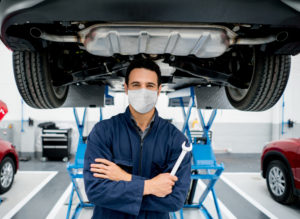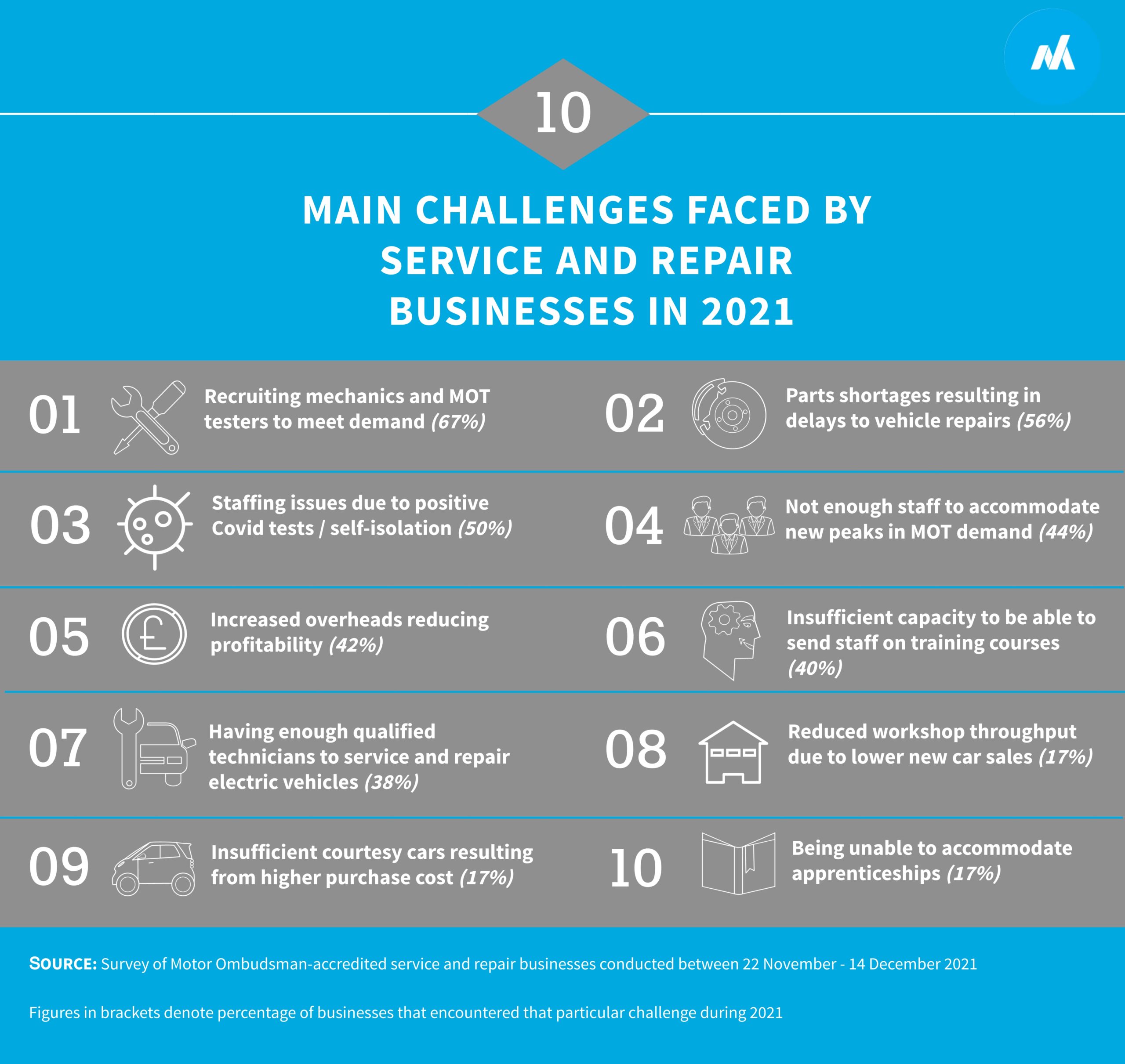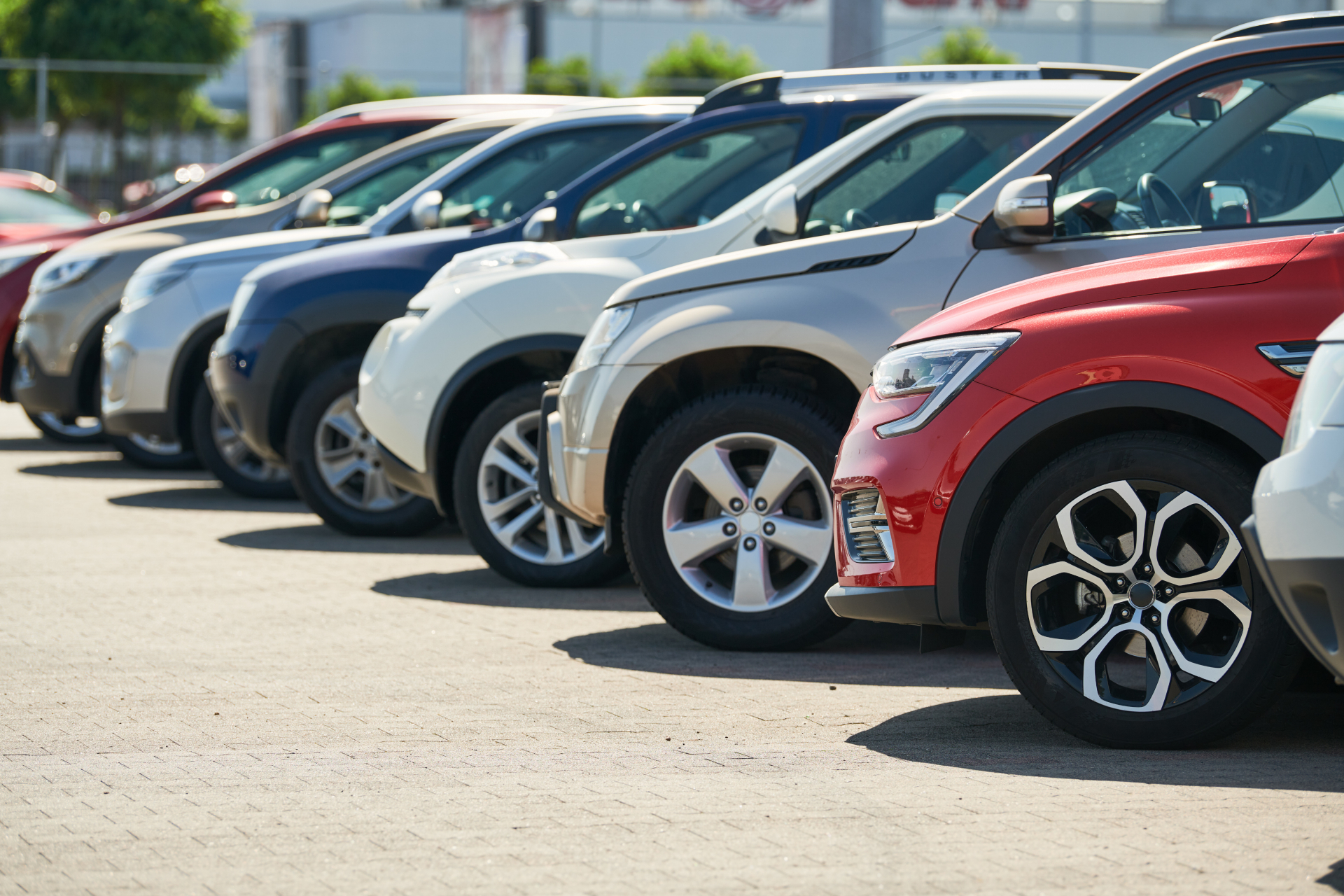Motor Ombudsman poll reveals staff shortages posed biggest challenge for vehicle repairers in 2021
- A survey by The Motor Ombudsman has shown that the recruitment of mechanics and MOT testers to meet consumer demand was the main obstacle faced by service and repair businesses during 2021
- Half of the research participants stated that, employees testing positive for COVID-19, or having to self-isolate, disrupted their business activities last year
- Hiring experienced technicians, staff retention and a high workload remain key concerns for garages and workshops in 2022
 A Motor Ombudsman poll of garages and workshops accredited to the body’s Motor Industry Code of Practice for Service and Repair, has revealed that recruiting a sufficient number of mechanics and MOT testers to meet consumer demand was the most significant concern for two thirds (67%) of respondents when questioned about the main challenges encountered during 2021.
A Motor Ombudsman poll of garages and workshops accredited to the body’s Motor Industry Code of Practice for Service and Repair, has revealed that recruiting a sufficient number of mechanics and MOT testers to meet consumer demand was the most significant concern for two thirds (67%) of respondents when questioned about the main challenges encountered during 2021.
The research conducted by the Ombudsman for the automotive sector also showed that the shortage of headcount was further compounded by the fact that 50% of study participants stated that employees testing positive for Coronavirus, or having to self-isolate, had disrupted their business activities over the course of the past 12 months.
Similarly, a lack of personnel to accommodate the new peaks in MOT volumes, brought about by the introduction of the six-month exemption in 2020 in response to Coronavirus, was cited by 44% of respondents as being another knock-on effect of having a smaller than desired workforce last year. Insufficient resource to send team members on training courses (40%), and a limited number of staff to maintain electric vehicles (EVs) also took their toll for just over a third of vehicle repairers (38%).
Aside from the personnel issues highlighted, the study showed that a lack of spare parts – causing delays to the repair of customer vehicles, had also impacted nearly 60% of businesses. Other obstacles cited by survey participants included, a higher cost of overheads and lower profitability (42%), with around a fifth (17%) of those surveyed saying that reduced workshop throughput due to lower new car sales, having a reduced courtesy car fleet due to increased vehicle purchase costs, and being unable to accommodate apprenticeships, were other key factors that had all affected operations in 2021.
When questioned about the challenges that businesses expected to encounter during the coming months, staffing remained a prominent theme, with the unavailability of experienced technicians continuing to show no let-up in the near future. Retaining team members due to increasing salaries at a time when qualified candidates are in short supply, was stated by respondents as another hurdle that their organisation would need to overcome. Following the government’s recent announcements, highlighting that employers should expect 15 to 25% of their workforce to be absent due to the Omicron variant, staff attendance and productivity and overall garage profitability could continue to be an issue in the first half of 2022.
Aside from the sourcing of garage personnel being a clear priority for 2022, managing peaks and troughs in demand brought about by the pandemic, inconsistent parts availability, less servicing work from lower new car registrations in 2021 due to ongoing semiconductor chip supply issues, increased overheads to adapt workshops to accommodate electric vehicles, coupled with reduced profitability due to no oil sales and reduced servicing work for zero emission cars, are also forecast to weigh on business performance this year.
Bill Fennell, Chief Ombudsman and Managing Director of The Motor Ombudsman, said: “Our latest research has provided a unique insight into the main headwinds that are being faced by some of our accredited service and repair businesses across the country. The results of the study clearly show that staffing levels and a limited pool of qualified technicians to recruit from have taken centre stage, with there being little sign that this will change in the near future according to the garages and workshops polled.”
Bill added: “As we look ahead, 2022 will see businesses having to continue to contend with challenges brought about by COVID-19 and the trading environment witnessed in 2021, whilst the increasing parc of electric vehicles on UK roads will also demand both expenditure and expertise to be able to accommodate them for servicing and repair work. It will be another year of evolution and change, and we will be on-hand to support our UK-wide network of accredited garages where possible.”
To view the businesses that are accredited to The Motor Ombudsman’s Service and Repair Code, visit www.TheMotorOmbudsman.org/Garage-Finder.
ENDS
Notes to editors
About the survey data
The survey of Motor Ombudsman-accredited service and repair businesses was conducted online between 22nd November 2021 and 14th December 2021.
Highlights of survey results:




